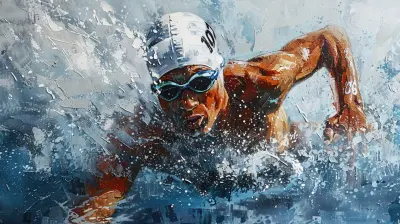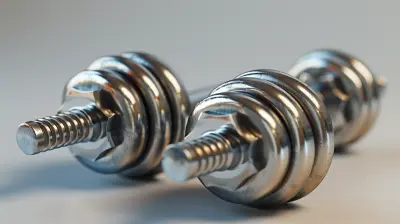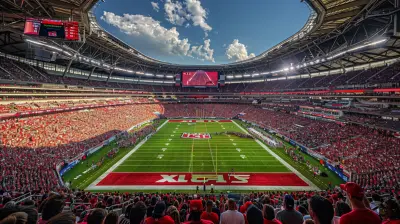The Influence of Tennis Coaches: From Juniors to the Pros
1 August 2025
If you've ever watched a tennis match and marveled at a player’s pinpoint accuracy or mental toughness, you can bet there’s a coach behind the scenes shaping that greatness. Tennis is a solo sport on the court, but behind every ace, drop shot, and comeback win, there's likely a coach—or even a team of them—guiding the journey.
In this article, we're going to peel back the curtain on the role of tennis coaches and how they influence players from their earliest days swinging a racket to the big stage under stadium lights. Whether you're a budding player, a coach yourself, or just a die-hard fan, you’re about to find out why the coach-player bond in tennis is way more than just a few drills and pep talks.
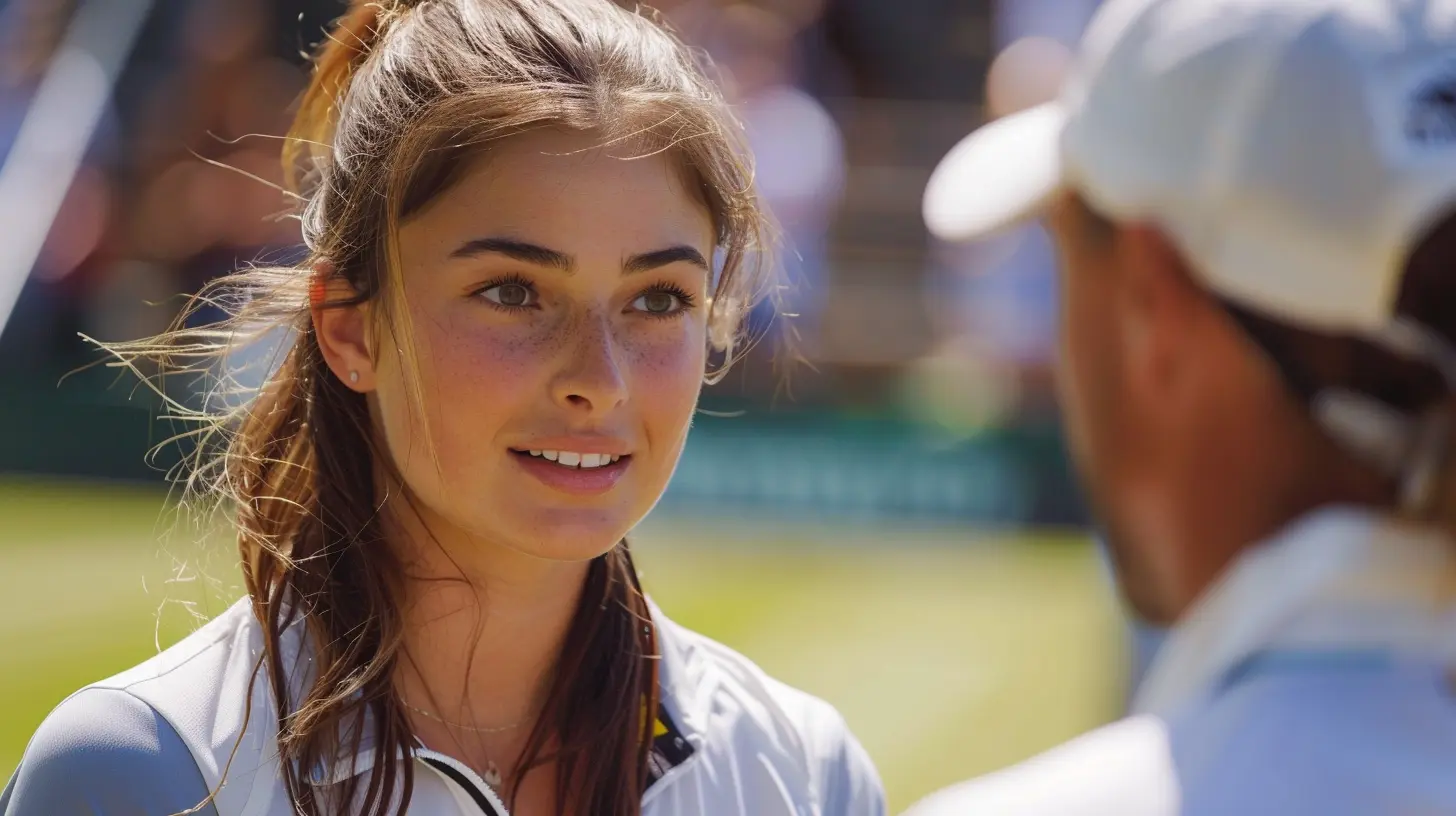
Why Coaches in Tennis Matter (A Lot More Than You Think)
Unlike team sports where a coach can bark instructions from the sidelines mid-game, tennis coaches sit in the stands, often helpless during matches. Yet, they’re the ones laying the foundation long before a ball is ever served.Think of a coach as a sculptor and the player as the block of marble. Without the chisel, guidance, and vision, that block never becomes a masterpiece.
Now, let’s break it down from the ground up, starting with the juniors.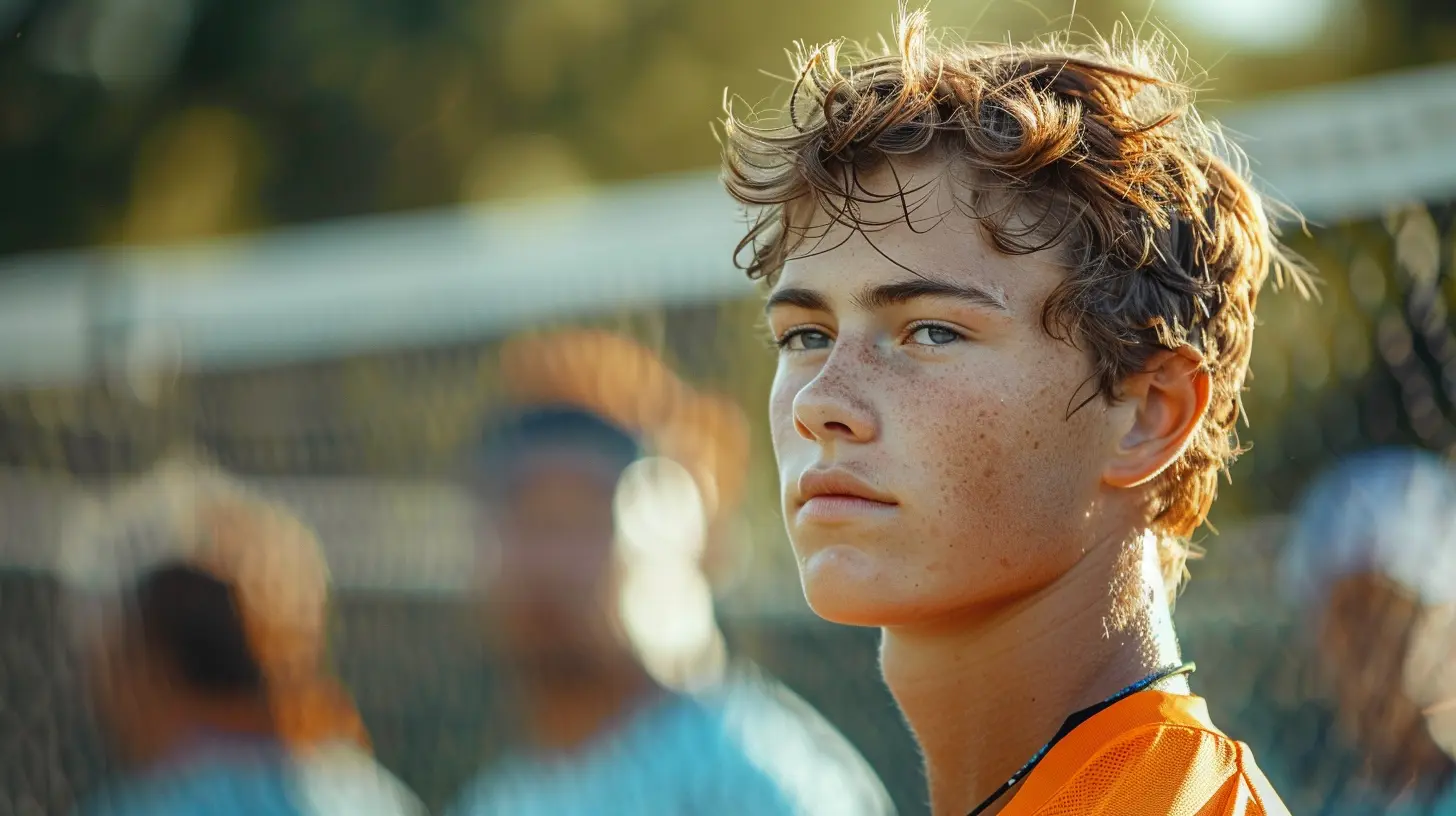
Coaching the Juniors: Building the Base of Champions
The Early Years: Where Technique Meets Passion
Coaching juniors is like planting a garden—you need the right soil, regular care, and plenty of patience. At this stage, the focus is on:- Fundamentals: Grip, stance, footwork—this is where technical habits are developed (or ingrained incorrectly if not carefully taught).
- Fun and Enjoyment: Let’s be real. A 7-year-old isn’t dreaming of Wimbledon titles yet—they just want to have fun. Coaches make or break that early love for the sport.
- Mental Shaping: Believe it or not, even kids need to learn how to lose gracefully, stay calm under pressure, and bounce back from defeat.
A good junior coach doesn't just hand out drills—they inspire. They turn practice into play and build confidence, which is just as important as a solid backhand.
Creating a Growth Mindset from the Get-Go
Ever heard the saying, "You miss 100% of the shots you don’t take?" The junior stage is where coaches encourage risk-taking and creativity. There’s no scoreboard pressure (yet), which makes it the perfect time to experiment and grow.A coach who fosters curiosity instead of just hammering results is planting seeds for long-term success.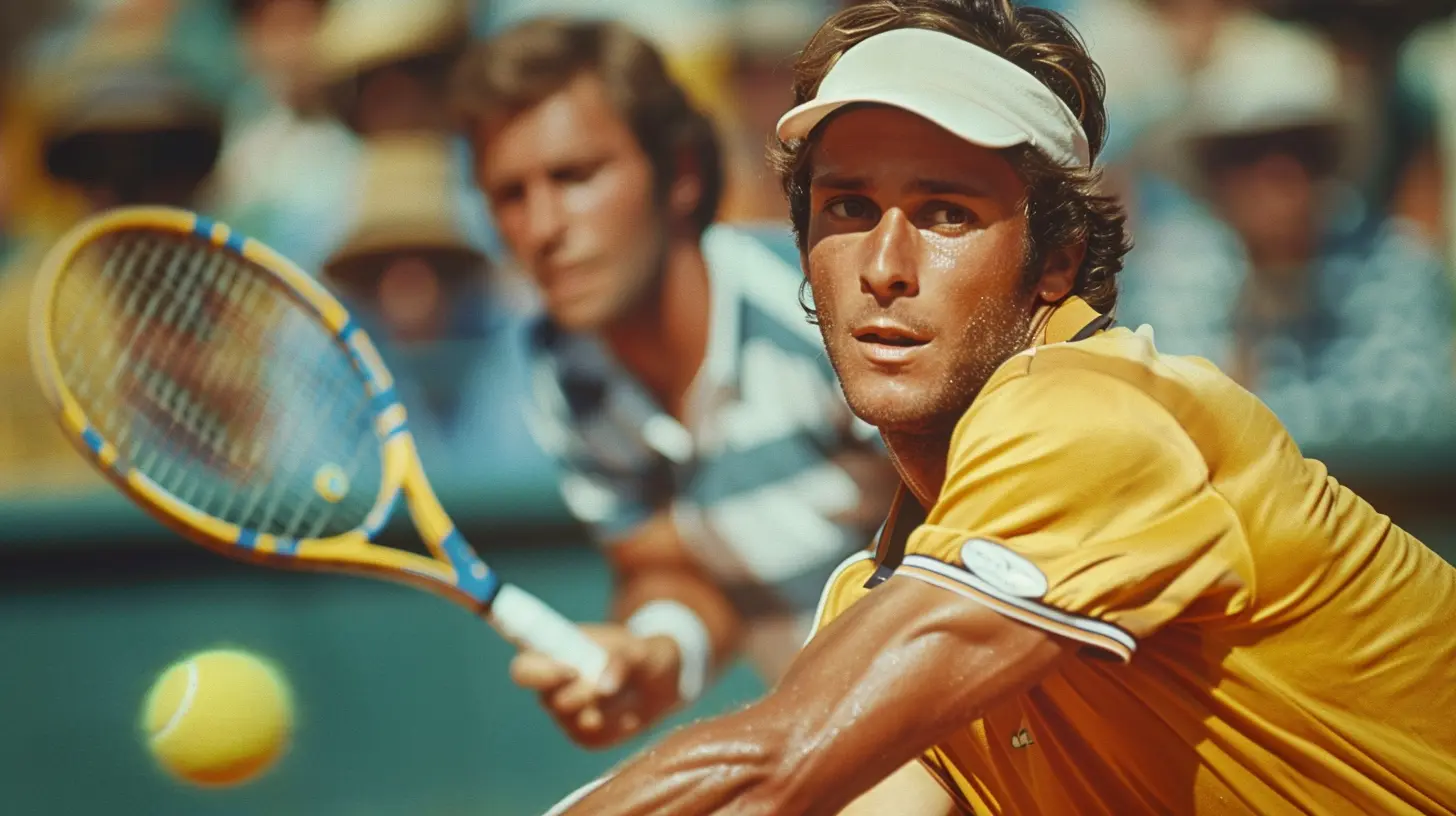
The Transition Phase: From Juniors to Competitive Youth
Shifting Gears: Performance Over Participation
As kids grow and start taking tennis more seriously, coaching philosophy starts to shift too. Now, it’s about:- Strategy Development: Players learn to read the game, adapt mid-rally, and develop an on-court IQ.
- Fitness and Conditioning: You can’t grind out three-setters on talent alone.
- Tactical Awareness: Shot selection, court positioning, and match preparation become essential.
Here’s where things get tricky. There’s a narrow line between pushing a young player to maximize potential and pushing them too far. That’s where a skilled coach becomes more of a mentor—someone who knows when to push, and when to pull back.
The Emotional Rollercoaster
Teenage years are rough—we’ve all been there. Add the pressure of competition, rankings, and performance, and it's a minefield. Great coaches at this level are part counselor, part cheerleader. They’re the ones reminding players to breathe, to believe, and to block out the noise.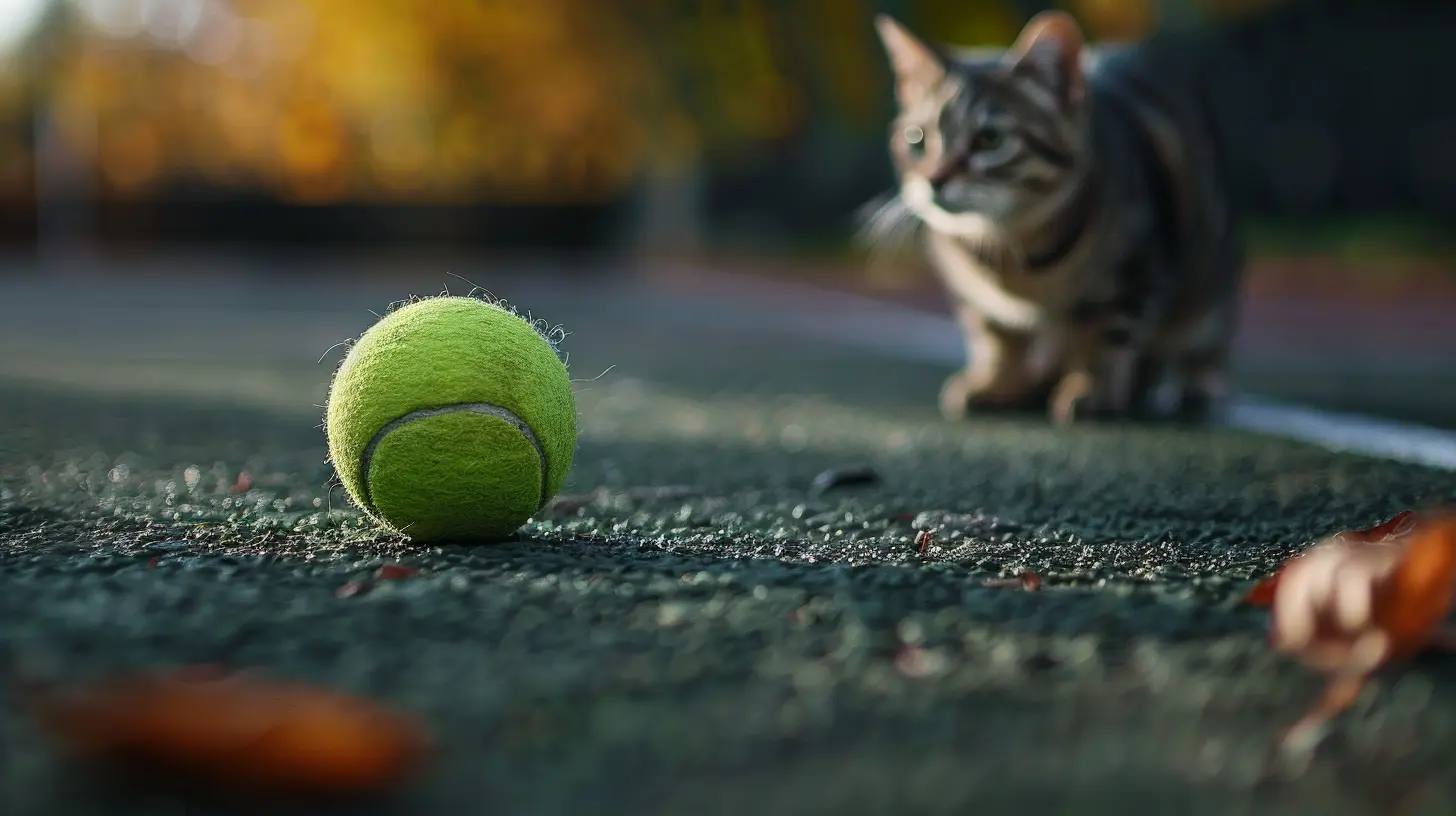
College Tennis: A Unique Coaching Ecosystem
Let’s not skip this often overlooked but crucial step. College tennis, especially in the U.S., plays a massive role in player development.Team Meets Individual
College programs are unique because they blend the individuality of tennis with the camaraderie of a team. Coaches here wear multiple hats:- Recruiter
- Manager
- Motivator
- Technical Coach
College coaches have to juggle a squad and still develop each athlete personally. That’s no easy gig.
Also, many international players cut their teeth in U.S. college programs before going pro. A good coach in this phase can be the bridge between amateur and elite.
The Pro Level: Coaching at the Pinnacle of the Game
Now we’re getting into the juicy stuff.At the pro level, it’s not about teaching someone how to hit a forehand—it’s about finding that extra 1% that separates good from great.
The Modern Pro Coach: A Specialist
Top players have full coaching teams now. It’s like Formula 1—there’s a specialist for everything:- Main Coach: Manages overall strategy and game development
- Fitness Trainer: Builds strength, recovery, and endurance
- Sports Psychologist: Helps players deal with stress, confidence, and focus
- Hitting Partner: Mimics opponents and keeps the player sharp
Coaching here is less about instruction and more about collaboration. It’s not “Do as I say,” but “What can we do together to improve?” Think of it more like a partnership.
The Coach-Player Dynamic: Chemistry Is Everything
Ever notice how some players skyrocket when they change coaches? That’s no coincidence.Successful coach-player duos—like Serena Williams and Patrick Mouratoglou or Novak Djokovic and Marian Vajda—share an unbreakable bond. It’s about trust, mutual respect, and aligned goals.
Without that synergy? Even the best coach can’t move the needle.
The X-Factors: What Makes a Great Tennis Coach?
Alright, so we’ve looked at coaching across different levels. But what separates the average coaches from the game-changers?Let’s list a few key traits:
1. Communication Skills
Tennis coaches must be excellent communicators. Not everyone learns the same way—some players are visual, others need repetition. Great coaches know how to tailor their message.2. Emotional Intelligence
Reading a player’s mood, knowing when to push or back off, and handling pressure with grace takes serious emotional IQ.3. A Lifelong Student Mentality
The best coaches never stop learning. They watch matches, study opponents, attend workshops, and evolve alongside the sport.4. Building Mental Fortitude
So many matches are won or lost in the mind. Coaches who can teach mental toughness—staying calm under pressure, resetting after a loss—are worth their weight in gold.The Changing Landscape of Coaching: Tech, Travel, and Accessibility
Don’t think coaching has stayed static over the years. The game evolves, and so does how it’s coached.Tech in Coaching
We’ve got AI analytics, performance tracking apps, and slow-motion video reviews. Coaches use data now like never before. It's not just feel—it’s facts.Global Travel
Tennis is a worldly game. Coaches and players travel extensively. The demands mean that coaches have to manage burnout, jet lag, and adapt to different cultures and conditions on the fly.Remote Coaching & Online Learning
Thanks to technology, players even in remote regions can now get access to world-class coaching. Zoom sessions, match video breakdowns, and online mentorships are more common than ever.Legendary Coaches Who Changed the Game
Let’s tip our hats to a few legends of the coaching game who left massive footprints:- Nick Bollettieri: Coached the likes of Agassi, Sharapova, and Courier. He built a factory of champions with his academy style.
- Toni Nadal: Uncle Toni taught Rafa Nadal grit, humility, and that forehand topspin from a young age.
- Ivan Lendl: Not just a former great, but also the man who helped Andy Murray break through to win multiple Grand Slams.
These coaches didn’t just train players—they shaped careers and rewrote history.
Final Thoughts: Coaches Are the True Unsung Heroes
If tennis is chess at 100 mph, then coaches are the unseen grandmasters setting the board.From junior courts to center court at Roland-Garros, coaches are always there. Guiding. Planning. Believing.
They don’t chase the spotlight, but without them, the sport would look very, very different.
So next time you see a player lift a trophy, remember—there’s a coach in the background who helped them earn every point.
all images in this post were generated using AI tools
Category:
TennisAuthor:

Umberto Flores
Discussion
rate this article
1 comments
Zeth McCray
Great insights on the pivotal role coaches play in shaping players' journeys. Their influence extends beyond skills, fostering resilience and a love for the game at all levels!
September 6, 2025 at 12:23 PM

Umberto Flores
Thank you! I'm glad you found the insights valuable. Coaches truly do have a lasting impact on both skills and personal growth in players.
